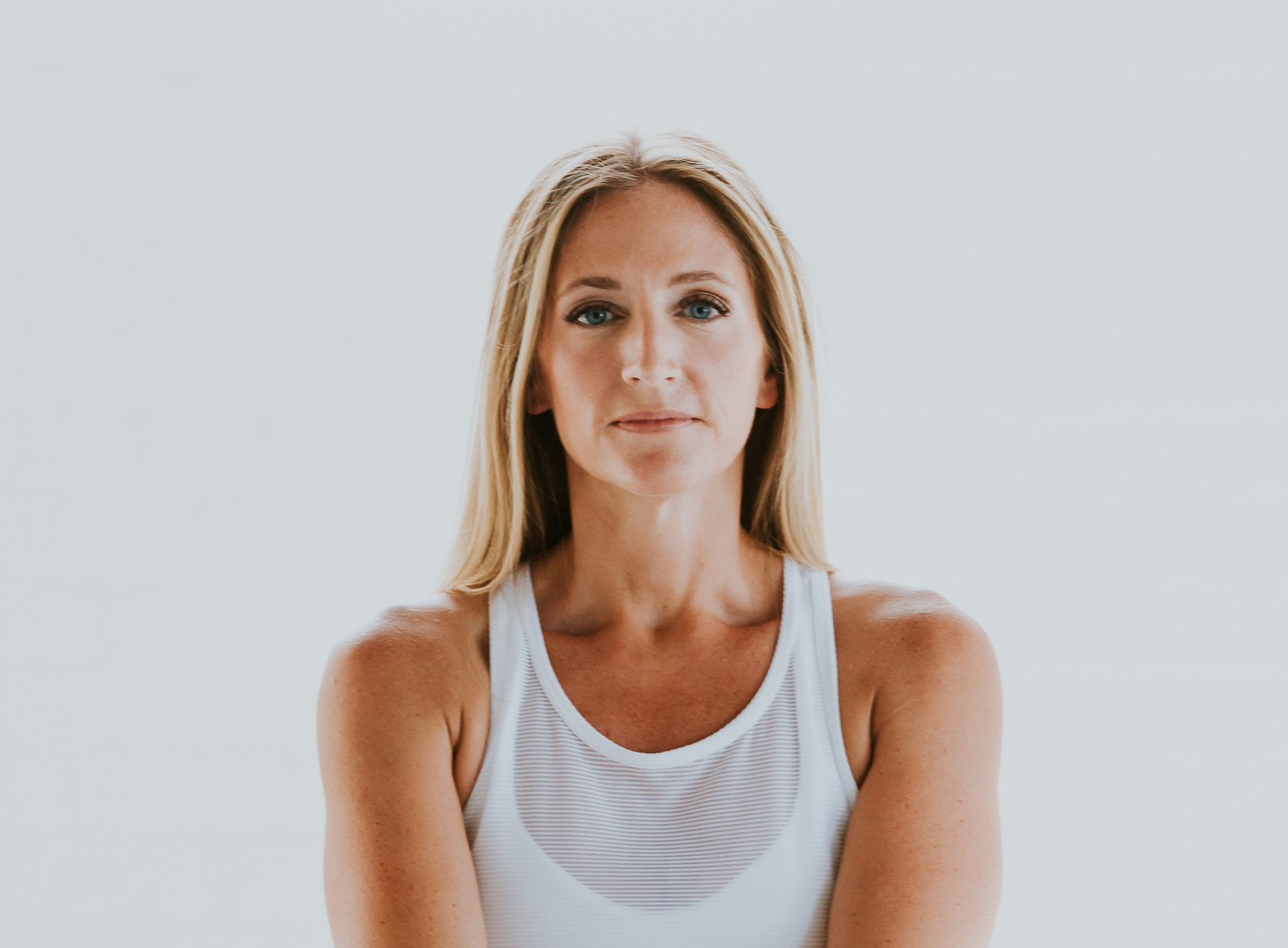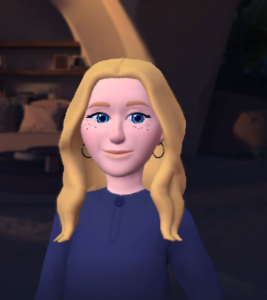Nina Jane Patel: I’m really actively trying to expand the conversation and shift the paradigm of how we have to got to where we are in terms of the current state of the Internet which is the basis for the future Metaverse. We have prioritised anonymity over accountability and we have to ask ourselves right now is that how we want to build our future?
I swing towards one side of that: I would rather people own their digital identity as dear and precious as they hold their physical identity. We should be held accountable for our actions in virtual worlds and physical worlds, as though they were one. And the reverse too – that we are praised for our good actions in the virtual world as well as the physical world.
What’s interesting in sharing my story is how quickly I had negative responses to my having this in the media and how fast and furious these comments were. This is my first experience of direct online harassment. The first response I received from my story being published was a death threat. Other responses questioned the validity of my experience and the impact it had on me. If we want people to have open and honest conversations then we have to give weight to the fact that these actions have consequences for the individual, and not to victim-blame or trivialise the situation.
We have this virtual world where awful things are allowed to happen, and they’re rewarded. The builders of these environments, the platforms, the AI monitoring, all allow it. You know there isn’t anything in the Metaverse right now that is criminal or illegal. We are at the beginnings of holding some people accountable for their actions in the digital space but it is slow.
We have to take a zero-tolerance approach especially when we’re putting our children in virtual environments amongst behaviours that are damaging. And yes, it’s hard work, it’s not going to be easy and it’s never going to end, but the work has to be done. You have a role as a human being on this planet, hopefully to shape the future for a better place, to leave it better than when you arrived – just hold on to that.
It’s not as easy as it sounds. I have a sticky on my laptop that says ‘LOVE’ and I think, as cheesy as it, as excruciating as it is, I try and send out as much as I love as I can through the information, through the care, through this service, through the company, through my research. I think that’s what it’s about. I think as artists it’s what we do. We’re trying to share hard parts of ourselves that we want to show love and we want to be loved, and essentially that’s what we’re all here for. I think giving the opportunity for those people who are grounded in hate to have their voices louder is going to be the demise of a healthy, happy society.










